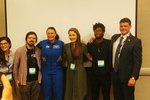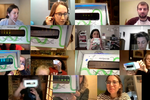Meet the 2023 Mentors!
Our amazing finalists have earned their spot in the Genes in Space competition through hard work, clever thinking, resilience...and a little boost from their mentors. Genes in Space mentors serve as advisors, coaches and enthusiastic supporters, all while juggling their own research endeavors. Get to know our exceptional lineup of Genes in Space mentors below.
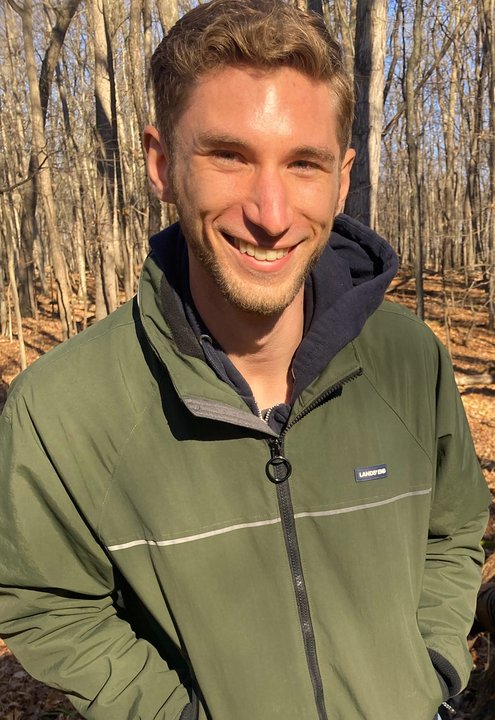
Michael Richard Das
5th year PhD student, Massachusetts Institute of Technology
What I research:
In some neurodegenerative diseases, people's brains have abnormal clumps of molecules. I am studying how those clumps form and why specific molecules are prone to forming these clumps.
Why I'm interested in mentoring:
I think that science, at its core, is all about asking cool new questions and figuring out a way to answer them. I'm excited anytime I get to help students embrace this fundamental aspect of science and I love that Genes in Space focuses on giving students that opportunity. I can't wait to work with the finalists and see their exciting ideas!
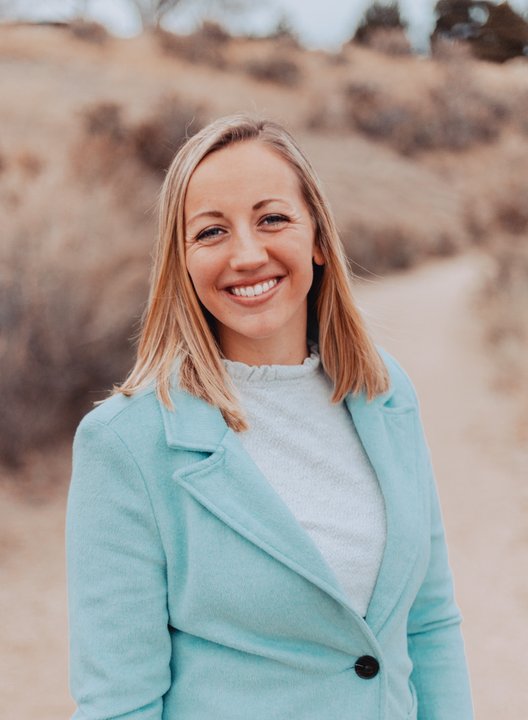
Kayleigh Ingersoll Omdahl
5th-year PhD student, Harvard university
What I study:
My lab researches many aspects of the immune response to bone marrow transplants in order to improve outcomes for patients. I'm focused on better understanding the mechanisms of T cells during graft versus host disease, which arises when donor cells from the transplant attack the recipient's body.
Why I'm a mentor:
I get to share my passion for science with students through combining my favorite research topics: biology and space. I enjoy helping students refine and polish their proposals into a final presentation they can be proud of.
More from Kayleigh
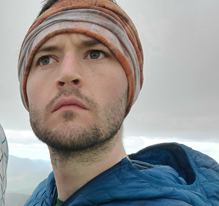
Stu Adamson
5th-year PhD student, Harvard University
What I study: I’m interested in how minor rearrangements of chemicals can often be the difference between life and death. Even slight imbalances can cause systemic disease. Currently, I study how the lysosome integrates incoming nutrients to determine cellular processes; we're learning disruptions in this process are central to metabolic disease like diabetes and fatty liver disease.
Why I'm a mentor: I’ve long thought about how the most creative ideas can be molded into a scientific approach that will advance our understanding of the universe. Genes in Space allows anyone to turn an idea into a reality, and, as a mentor, I’m thrilled to be a part of that. Science is at its best when the only limit is our collective imagination and creativity!
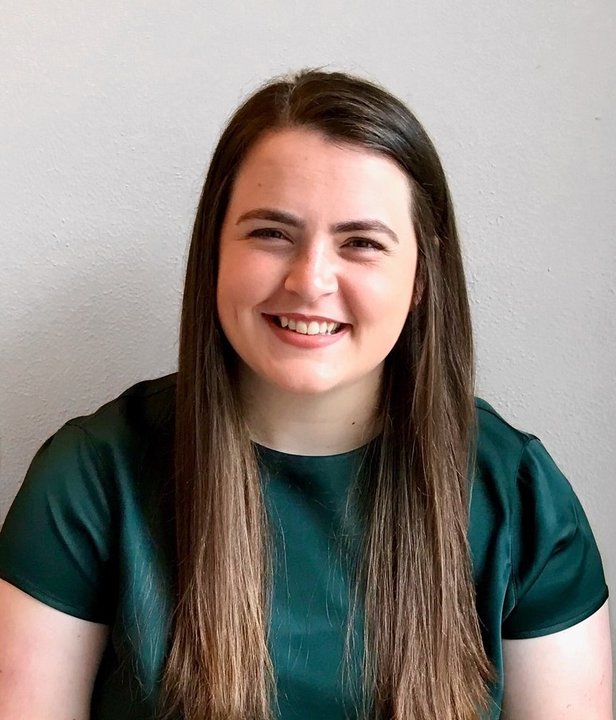
Fran Navarro
3rd-year PhD student, Harvard University
What I study: I am fascinated by the beauty and complexity that can be found in a single cell. My research is focused on understanding the means by which Plasmodium falciparum, the malaria parasite, remodels its cell shape to invade and inhabit both human and mosquito tissues.
Why I'm a mentor: Genes in Space is an incredible opportunity for creative minds to come together and think about hard questions! Science is a collaborative experience made all the better (and more fun) by the people we meet and connections we make. I am excited to be a first-year mentor for Genes in Space and look forward to working with this year’s finalists!
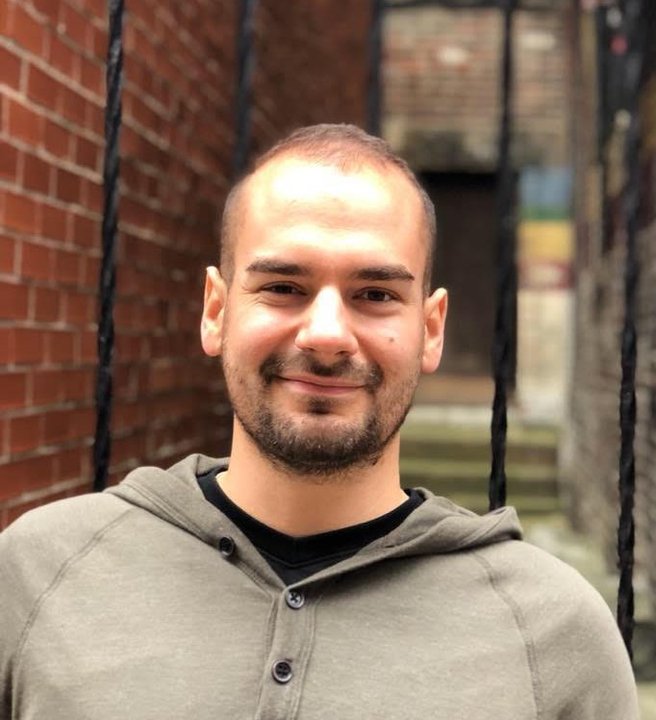
Aleks Radakovic
5th-year Ph.D. student, Harvard University
What I study: I am interested in how amazing biological complexity can evolve from simple chemical processes. Specifically, I am curious about the processes that drove the coevolution of nucleic acids and proteins to establish the Central Dogma. The intellectual freedom to pursue exciting questions and ideas regardless of the exact field is what I love about science!
Why I'm a mentor: Meeting my mentees over the last two years blew my mind! The crisp energy, the fresh ideas, and the unrelenting passion for cool science electrified all of our meetings and culminated in a finale of projects that promised to make our world (and solar system!) a better place. Now, I am excitedly returning to be a mentor again, and I cannot wait to engage with the brightest space scientists that this solar system has seen – you!

